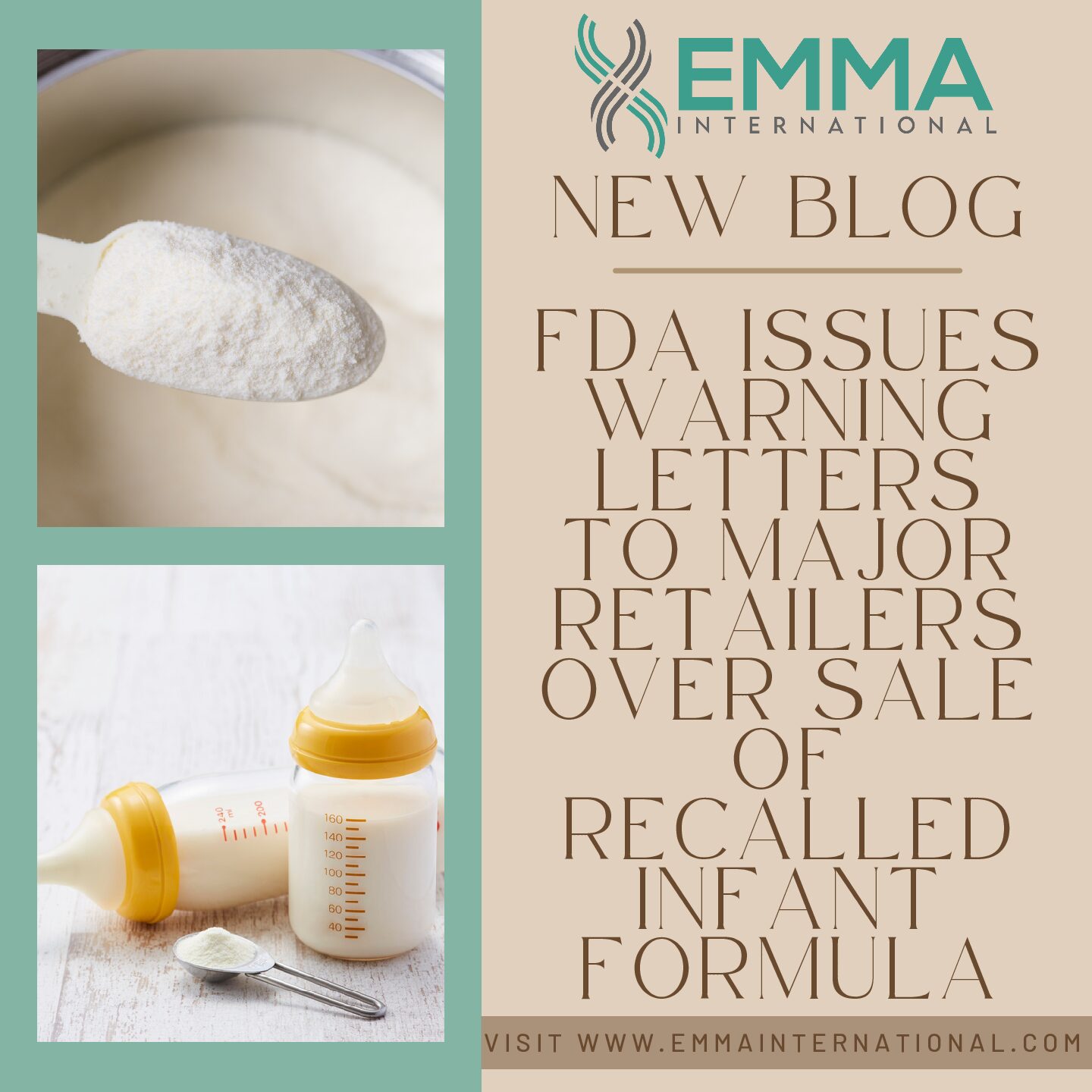In the realm of global trade and public health, the FDA plays a pivotal role in safeguarding consumers from unsafe or adulterated products. One of the key tools at the FDA’s disposal is the issuance of import alerts, which serve as a warning mechanism to prevent the entry of potentially harmful products into the United States. This blog will provide an overview of what FDA import alerts entail, their significance, and the implications for businesses and consumers alike.
What is an FDA Import Alert?
An FDA import alert is a notification issued by the agency to inform its field staff and the public that a product, manufacturer, or importer is subject to increased scrutiny or enforcement action. Import alerts are typically issued when the FDA has evidence or reason to believe that a product violates regulatory standards, poses a risk to public health, or is otherwise non-compliant with applicable laws and regulations.
These alerts may be issued for a variety of reasons, including but not limited to:
- Adulteration or Contamination: Products found to be contaminated with harmful substances or adulterated with unauthorized ingredients may trigger an alert.
- Misbranding or Labeling Violations: Products that are misbranded, improperly labeled, or fail to meet labeling requirements may be subject to an alert.
- Failure to Meet Regulatory Standards: Products that do not meet regulatory standards for safety, efficacy, or quality may be flagged for enforcement action.
- Recalls or Public Health Concerns: Products associated with recalls, public health alerts, or outbreaks may prompt the issuance of an import alert to prevent further distribution or entry into the country.
For businesses involved in the importation, manufacturing, or distribution of regulated products, an FDA import alert can have serious repercussions. It may result in detention, refusal of admission, or even seizure of the affected products at the U.S. border. Additionally, companies listed on import alerts may face increased scrutiny from regulatory authorities, damage to reputation, and financial losses.
From a consumer perspective, these alerts serve as a crucial safeguard against exposure to unsafe or substandard products. By preventing the entry of non-compliant or potentially harmful goods into the marketplace, import alerts help protect public health and maintain consumer confidence in the safety and integrity of regulated products.
Businesses listed on FDA import alerts have the opportunity to take corrective actions and demonstrate compliance with regulatory requirements. This may involve implementing corrective and preventive measures, conducting product recalls, or providing evidence of adherence to applicable standards. By addressing the underlying issues identified by the FDA, companies can work towards removal from the import alert and restoration of normal trade activities.
In summary, FDA import alerts play a crucial role in safeguarding public health, ensuring compliance with regulatory standards, and maintaining the integrity of the U.S. marketplace. By flagging non-compliant products and entities for increased scrutiny or enforcement action, import alerts help prevent the entry of unsafe or adulterated goods into the country. For businesses, compliance with FDA regulations is essential to avoid the adverse consequences associated with import alerts, while consumers benefit from increased assurance of product safety and quality. Has your company been flagged with an Import Alert by the FDA? EMMA International can help! Call us at 248-987-4497 or email info@emmainternational.com to get in touch with our team of experts today.
FDA (Jan 2023) Import Alerts retrieved from: https://www.fda.gov/industry/actions-enforcement/import-alerts





